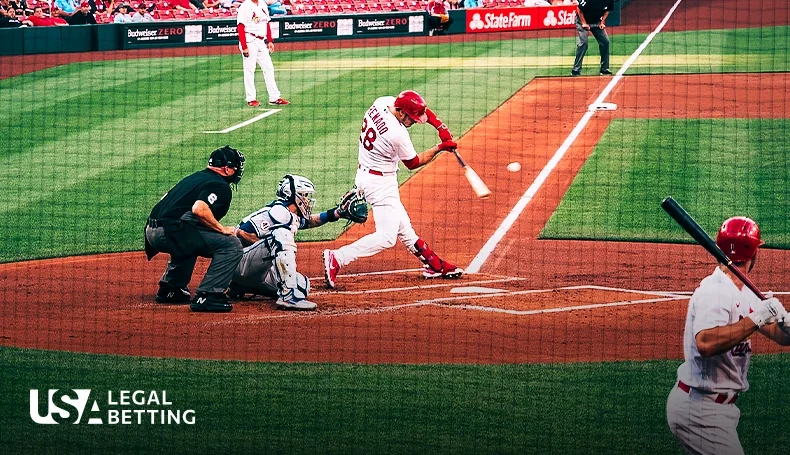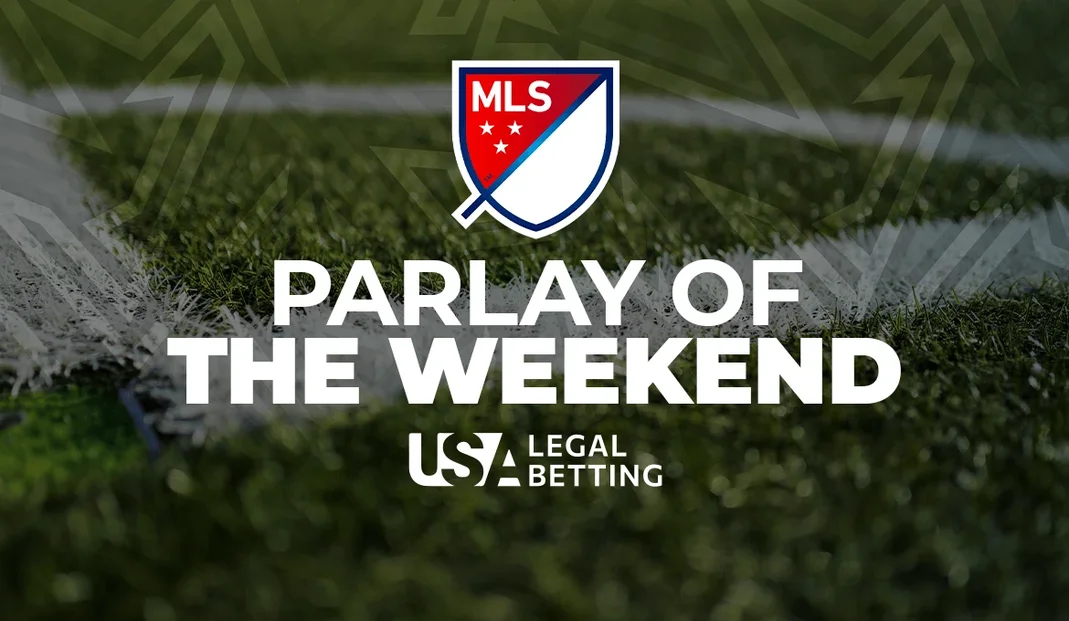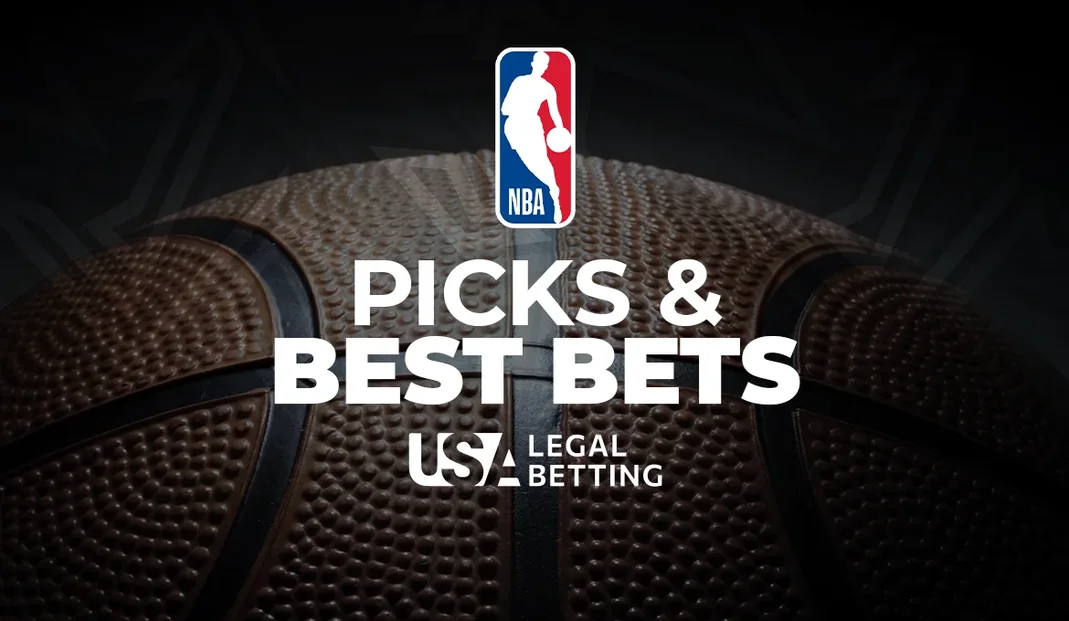Although the details have not been finalized, lawmakers are reportedly looking to make the min-max window for operators between two and six. They believe that will create competition for licenses and ensure Vermont bettors are given the best options for legal sportsbooks.
Competition for licenses is common in most states, including nearby giant New York, and state officials are using that as a model for their framework.
“What we have recommended is much like what New Hampshire has done, what Rhode Island has done, and what New York has done,” said Knight. “You're determining that revenue share with the state and the operators via competitive bid process.”
If Vermont succeeds in passing its sports betting legislation, it will mean that Georgia will be the only East Coast state without any legal agreement on sports betting, although Florida’s situation is complicated and is being heard in federal courts.
Because of the heavy prevalence of gambling in the area, VT lawmakers want to ensure that participants have the proper resources available to them, should they be needed.
“You simply need to make enough money available for prevention and treatment,” said Christine Reilly of the International Center for Responsible Gaming. “Sometimes in some states, the money gets appropriated, then gets moved towards drugs and alcohol, and that’s just not cool.”
Lawmakers seem keen to step on the gas once the bill gets approved. Ohio, which has been a resounding success in its first month of sports betting operations, took over a year to get its market in place, and that does not fit Vermont’s ideal timeline.










